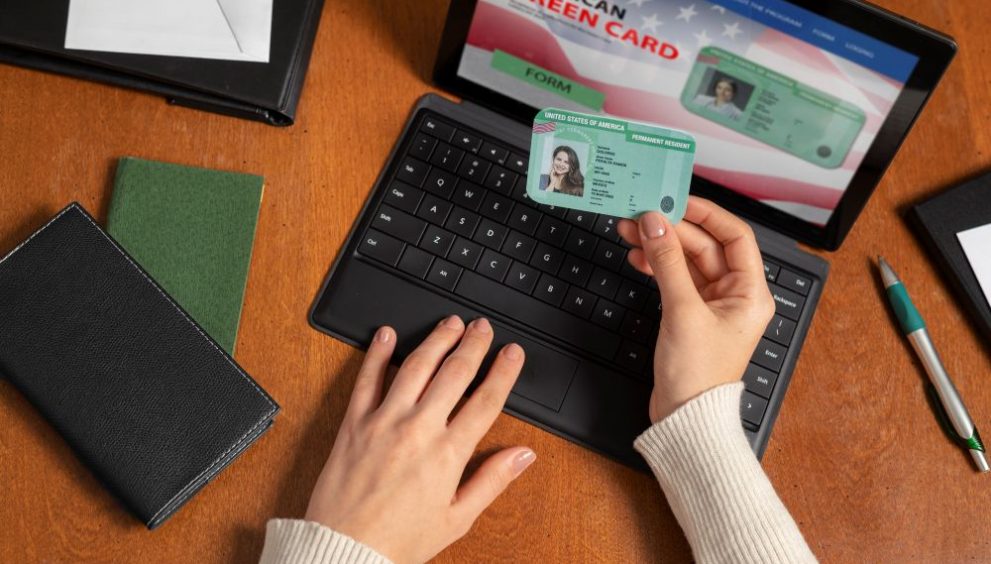Aadhaar, India’s unique identification system, has revolutionized the way citizens access government services and benefits. However, with the increasing reliance on Aadhaar, the risk of Aadhaar card scams and fraud has also risen. Protecting your personal data and being vigilant against potential scams is crucial to safeguard your identity and prevent financial losses.
In this blog, we’ll explore the various types of Aadhaar scams, how to recognize the signs of fraud using Aadhaar card, and the steps you can take to secure your Aadhaar information. By the end of this guide, you’ll be equipped with the knowledge and tools to protect yourself and your loved ones from falling victim to Aadhaar card fraud cases.
What is Aadhaar Card Scams
Aadhaar card scams involve the misuse of an individual’s Aadhaar information by fraudsters to carry out illegal activities. Scammers may obtain your Aadhaar details through various means, such as phishing emails, fake websites, or unsolicited phone calls. Once they have your information, they can use it for identity theft, financial fraud, or unauthorized transactions.
Some common types of Aadhaar card scams include:
- Linking Aadhaar to fake bank accounts or SIM cards
- Unauthorized access to Aadhaar-linked services
- Phishing scams requesting Aadhaar details
- Fake Aadhaar enrollment centers
The impact of Aadhaar fraud can be devastating, leading to financial losses, compromised personal information, and a tarnished credit history. It’s essential to be aware of the risks and take proactive measures to protect your Aadhaar data.
Signs of Aadhaar Card Fraud
Recognizing the signs of potential Aadhaar card fraud is the first step in protecting yourself. Here are some key indicators to watch out for:
Receiving Unexpected OTP Requests
If you receive an unexpected One-Time Password (OTP) related to your Aadhaar, it could be a sign that someone is trying to access your Aadhaar-linked services without your knowledge. Scammers may attempt to use these OTPs to carry out unauthorized transactions or link your Aadhaar to fake accounts.
Notifications of Transactions You Didn’t Make
Keep a close eye on your bank statements and transaction notifications. If you notice any Aadhaar-linked transactions that you didn’t authorize, it’s a red flag for potential fraud. Contact your bank and the UIDAI immediately to report the issue and prevent further losses.
Calls or Messages Requesting Aadhaar Details
Be cautious of unsolicited calls, text messages, or emails asking for your Aadhaar details. Legitimate organizations, including the UIDAI, will never request your Aadhaar information over the phone or through unsecured channels. If you receive such requests, do not provide any details and report the incident to the authorities.
How to Protect Your Aadhaar Information
To safeguard your Aadhaar data from falling into the wrong hands, follow these practical steps:
Enable Aadhaar Biometric Lock
The Aadhaar biometric lock feature allows you to secure your biometric data (fingerprints and iris scans) from unauthorized access. When the lock is enabled, your biometrics cannot be used for authentication without your explicit consent. To activate the biometric lock, visit the official UIDAI website and follow the necessary steps.
Use the Virtual ID (VID) Instead of Aadhaar Number
The UIDAI has introduced the concept of Virtual ID (VID) to add an extra layer of security to your Aadhaar transactions. A VID is a temporary, revocable 16-digit number that can be used instead of your actual Aadhaar number for authentication purposes. By using a VID, you can minimize the risk of your Aadhaar number being misused.
Avoid Sharing Aadhaar Details Unnecessarily
Be cautious about sharing your Aadhaar details with unknown entities. Only provide your Aadhaar information to trusted organizations when it’s absolutely necessary and verify the purpose for which it’s being collected. Avoid sharing your Aadhaar card or number on social media platforms or public websites.
Steps to Take if You Suspect Aadhaar Card Fraud
If you suspect that you’ve fallen victim to an Aadhaar scam or your Aadhaar information has been compromised, take the following steps immediately:
- File an Aadhaar card frauds complaint with the UIDAI by calling their toll-free helpline or submitting an online complaint through their website.
- Inform your bank and other linked service providers about the suspected fraud and request them to block any unauthorized transactions.
- File a police complaint with your local authorities, providing details of the incident and any available evidence.
- Regularly monitor your bank statements and credit reports for any suspicious activities.
How Government and UIDAI Are Combating Aadhaar Card Scams
The government and the Unique Identification Authority of India (UIDAI) have implemented various measures to combat Aadhaar card scams and protect citizens’ data. Some of these initiatives include:
- Strengthening the security of the Aadhaar database and ensuring end-to-end encryption of data
- Introducing features like biometric lock, masked Aadhaar, and Virtual ID to enhance user privacy
- Conducting awareness campaigns to educate citizens about Aadhaar security and best practices
- Taking strict action against individuals and organizations involved in Aadhaar-related fraud
Protect Your Identity with Quick Heal
Aadhaar has become an integral part of our lives, simplifying access to various services and benefits. However, the rise of Adhar card scam and fraud cases highlights the importance of being proactive in securing our personal data. By understanding the signs of potential fraud, taking steps to protect our Aadhaar information, and promptly reporting any suspicious activities, we can safeguard ourselves from falling victim to scams.
Remember, your Aadhaar data is valuable, and its security is in your hands. Stay vigilant, follow best practices, and don’t hesitate to seek help if you suspect any fraudulent activities related to your Aadhaar. Together, we can create a safer digital environment and ensure that the benefits of Aadhaar reach every citizen without compromising their privacy and security. For protection against various cyber threats, consider using trusted security solutions like Quick Heal Total Security. With its advanced features and robust security mechanisms, Quick Heal Total Security can help you stay protected in the digital world.
Check Out Our Full Antivirus Range


